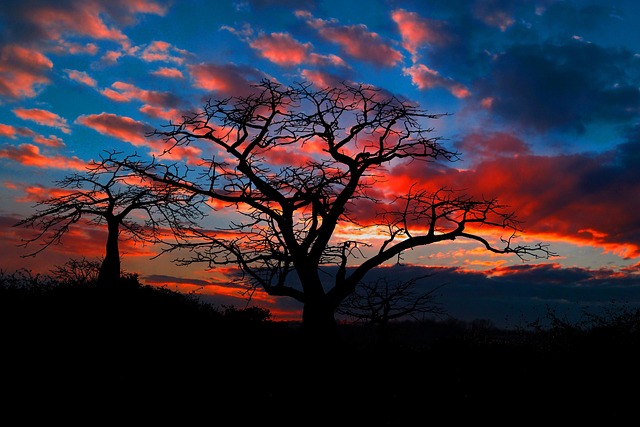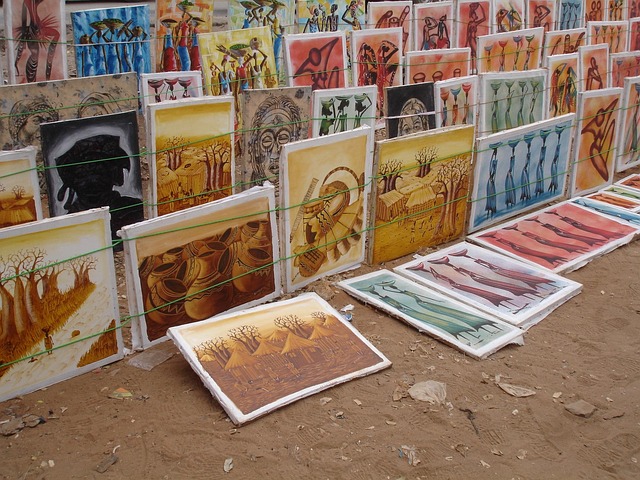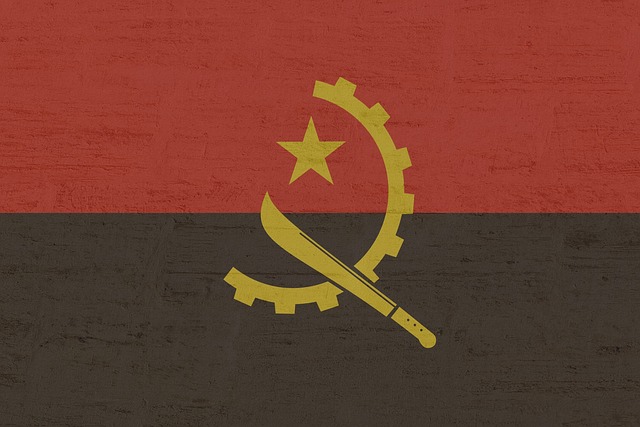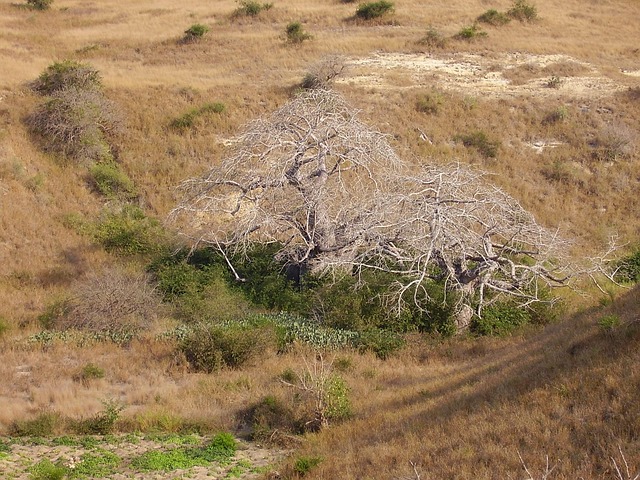# Jah Bouks Angola: Reggae Music’s Powerful Prison Anthem
Jah Bouks’ “Angola” stands as one of reggae music’s most compelling narratives about incarceration, redemption, and spiritual awakening. This powerful track draws its name from Louisiana State Penitentiary, commonly known as Angola Prison, one of America’s largest maximum-security prisons built on a former slave plantation.
## Understanding the Basics

The song “Angola” emerged from the conscious reggae movement, where artists like Jah Bouks use their platform to shed light on systemic injustices within the prison industrial complex. The track’s haunting melody combined with raw, honest lyrics creates an immersive experience that transports listeners into the harsh realities of prison life. Jah Bouks masterfully weaves together personal testimonies with broader social commentary, highlighting how the prison system disproportionately affects marginalized communities.
The spiritual element of “Jah” in reggae music represents the Rastafarian reference to God, providing hope and strength to those facing oppression. In “Angola,” this spiritual connection becomes a lifeline for inmates, offering mental escape from physical confinement. The song resonates deeply with audiences worldwide because it addresses universal themes of freedom, justice, and human dignity. Through reggae’s characteristic one-drop rhythm and conscious lyrics, Jah Bouks creates a musical protest that challenges listeners to confront uncomfortable truths about mass incarceration while maintaining hope for reform and redemption.
## Key Methods

### Step 1: Understanding the Historical Context
Angola Prison’s dark history as a plantation-turned-penitentiary provides crucial context for appreciating Jah Bouks’ artistic statement. The facility, spanning 18,000 acres, houses over 6,000 inmates, with many serving life sentences without parole. This backdrop influences every note and lyric in the song, as Jah Bouks draws parallels between historical slavery and modern imprisonment. The artist employs traditional reggae instrumentation – bass-heavy riddims, skanking guitar, and conscious vocals – to create a sonic landscape that mirrors the weight of the subject matter. Understanding this historical foundation helps listeners grasp why reggae artists consistently address prison reform, viewing it as a continuation of liberation struggles.
### Step 2: Analyzing the Musical Composition

The musical arrangement of “Angola” follows classic roots reggae structure while incorporating modern production techniques. The bassline drives the narrative forward with its hypnotic repetition, symbolizing the monotonous nature of prison life. Jah Bouks’ vocal delivery alternates between melodic singing and DJ-style toasting, a technique that adds urgency to the message. The use of minor keys creates an atmosphere of melancholy and reflection, while occasional major chord progressions offer glimpses of hope. Studio effects like reverb and echo enhance the feeling of isolation and distance, making listeners feel the separation between inmates and the outside world. This careful musical construction ensures the message penetrates beyond surface-level listening.
### Step 3: Connecting with the Message
To fully appreciate “Angola,” listeners must engage with its call for criminal justice reform and prisoner rehabilitation. Jah Bouks challenges audiences to see beyond statistics and recognize the humanity of incarcerated individuals. The song advocates for restorative justice rather than purely punitive measures, aligning with Rastafarian principles of redemption and spiritual growth. By personalizing the prison experience through vivid storytelling, the track breaks down barriers between “us” and “them,” fostering empathy and understanding. This connection extends to examining our own roles in perpetuating or challenging unjust systems, making “Angola” not just entertainment but a catalyst for social consciousness and action.

## Practical Tips
**Listen with Intent**: Approach “Angola” as more than background music. Set aside dedicated time to absorb the lyrics, paying attention to storytelling elements and metaphors. Use quality headphones to catch subtle production details that enhance the narrative.
**Research Angola Prison**: Familiarize yourself with the actual Louisiana State Penitentiary to understand the song’s references. Documentary films like “The Farm: Angola, USA” provide visual context that deepens appreciation for Jah Bouks’ artistic choices.

**Explore Conscious Reggae**: Expand your playlist with similar conscious reggae artists addressing social justice themes. Artists like Damian Marley, Chronixx, and Protoje offer complementary perspectives on incarceration and systemic oppression.
**Support Prison Reform**: Channel the song’s energy into meaningful action by supporting organizations working on criminal justice reform. Whether through donations, volunteering, or advocacy, transform musical inspiration into tangible change.
**Share the Message**: Use social media and conversations to spread awareness about mass incarceration issues highlighted in “Angola.” Music serves as an accessible entry point for discussing complex social problems with friends and family.
## Important Considerations
When engaging with “Angola” and similar conscious reggae music, it’s crucial to approach the content with cultural sensitivity and respect. The Rastafarian elements, including references to Jah and liberation theology, represent deeply held spiritual beliefs that shouldn’t be appropriated or trivialized. Additionally, while the song critiques the prison system, it’s important to balance this criticism with acknowledgment of crime victims and community safety concerns.
Listeners should also be aware that prison-themed music can trigger emotional responses in those personally affected by incarceration. The raw depictions of prison life, while artistically powerful, may resurface trauma for formerly incarcerated individuals or their families. Consider your audience when sharing or playing such music in group settings. Furthermore, supporting artists like Jah Bouks means understanding that conscious reggae often challenges mainstream narratives, potentially creating discomfort as it exposes systemic inequalities many prefer to ignore.
## Conclusion
“Jah Bouks Angola” transcends typical reggae boundaries to deliver a profound meditation on freedom, justice, and human resilience. Through masterful musical composition and unflinching lyrical honesty, the track forces listeners to confront the reality of mass incarceration while maintaining hope for transformation. The song’s power lies not just in its artistic merit but in its ability to humanize those society often forgets, reminding us that behind prison walls are individuals deserving of dignity and redemption.
As conscious reggae continues evolving, tracks like “Angola” serve as crucial cultural documents, preserving stories that might otherwise go untold. By engaging deeply with this music, we participate in a larger conversation about justice, rehabilitation, and the kind of society we want to build. Let Jah Bouks’ “Angola” inspire not just musical appreciation but meaningful action toward creating a more equitable world where transformation trumps punishment, and every individual has the opportunity for redemption.